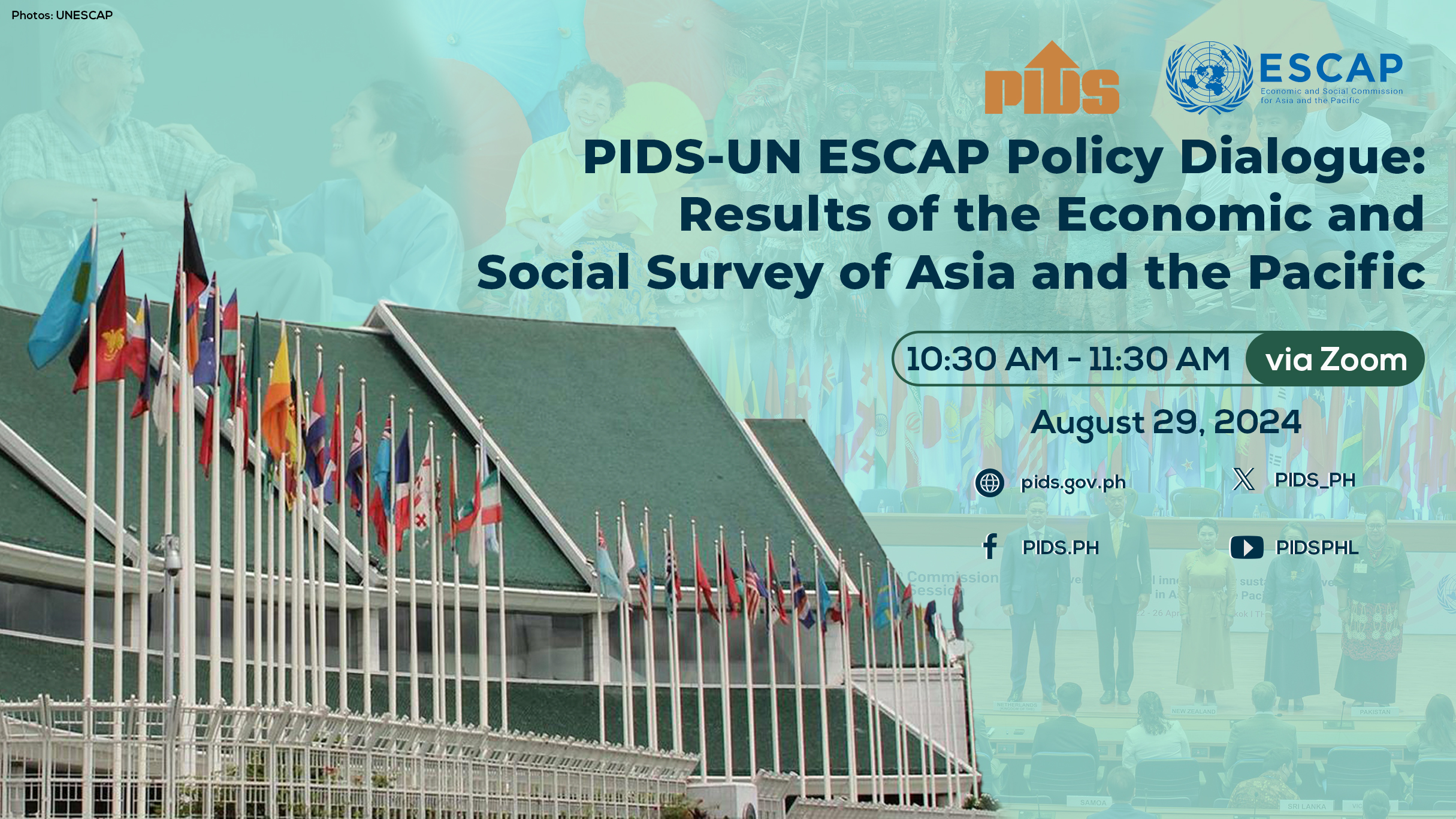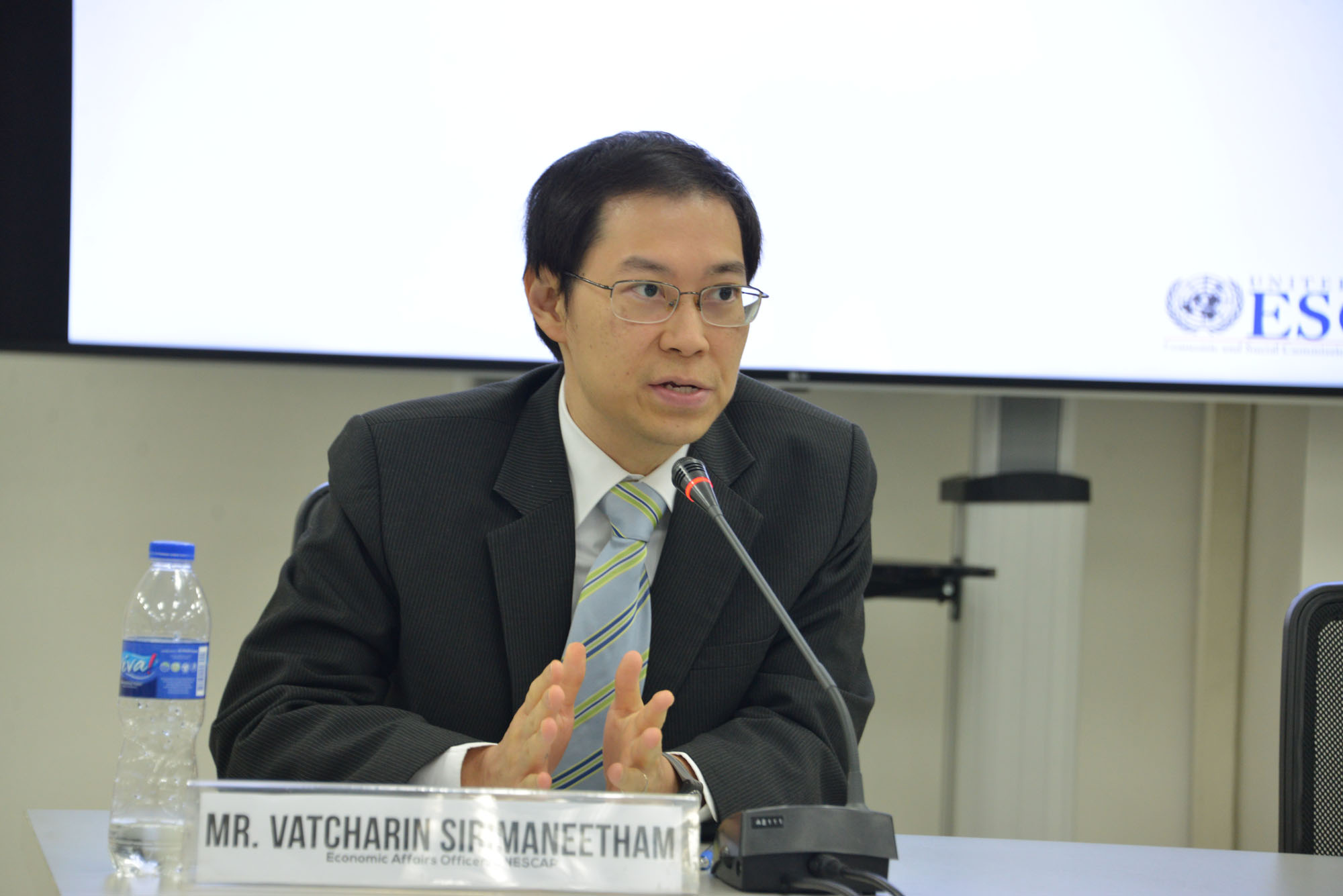
High borrowing costs and fiscal pressures are significantly affecting long-term financing in the Asia-Pacific region, underscoring an urgent need for policy reforms.
This issue was addressed during a virtual policy dialogue hosted by the Philippine Institute for Development Studies (PIDS) and the United Nations Economic and Social Commission for Asia and the Pacific (UN ESCAP). Michal Podolski, Chief Economic Affairs Officer at UN ESCAP, presented key findings from the 2024 ESCAP Economic and Social Survey, shedding light on the region's ongoing challenges in the post-pandemic era.
“After the COVID pandemic, we have seen a persistent decline in purchasing power, rising poverty, and widening socioeconomic inequalities,” Podolski noted. The survey highlights that the COVID-19 pandemic has led to a permanent reduction in GDP growth rates, with many regions now experiencing lower growth rates of 1-2% compared to the pre-pandemic average of around 6%. Inflation has similarly risen, now hovering around 4-5% compared to the pre-pandemic norm of 3-3.5%.
In the Philippines, while the growth rate has decreased from 6-7% to 5-6%, it remains relatively strong compared to other regions. The country has also maintained a more favorable inflation path and minimal impact on low-income households. However, rising poverty and inequality persist, with a notable increase in income disparity among the top 10% of earners.
Podolski stated that governments are facing increased borrowing costs and shorter loan maturities, complicating the financing of essential public services such as education, healthcare, and social protection. “The cost of borrowing is still high in many countries, and this poses a serious constraint on long-term investments needed to meet the Sustainable Development Goals,” Podolski said. He also noted that global megatrends such as demographic shifts, climate change, and technological advancements are reshaping the fiscal landscape, affecting revenues and expenditures, and influencing long-term borrowing costs.
He emphasized the need for developing nations to improve domestic fiscal policies and strengthen collaboration with international development partners to address these challenges. Effective measures include increasing tax-to-GDP ratios, improving capital market transparency, and optimizing international development funding. “Countries need to act quickly to adapt their tax systems and capital markets, as these trends will undoubtedly put additional strain on public finances,” he cautioned.
Addressing these concerns in the local context, Dr. John Paolo Rivera, Senior Research Fellow at PIDS outlined several key areas for economic improvement. “Governments must be adept with the evolving landscape, society, economy, and politics for new policy, solutions and policy synergies and alternatives may come in the need to create more fiscal space,” he said.
He stressed the necessity of giving the agriculture sector the same level of attention as the manufacturing and services sectors to improve food security. “The source of inflation has been driven by food prices, and this is traced to the lack of supply, the lack of movement, of supply in and out of the country,” he explained.
Rivera emphasized the need to enhance the investment climate by simplifying business processes and reducing corruption to attract investments and create jobs. He also highlighted the importance of global peace, economic diplomacy, and modern free trade agreements in fostering economic performance, while stressing the need for equality and resilience to alleviate global poverty, supported by accessible long-term financing.
Watch the recording of the policy dialogue here: https://bit.ly/pidslive082924.###













